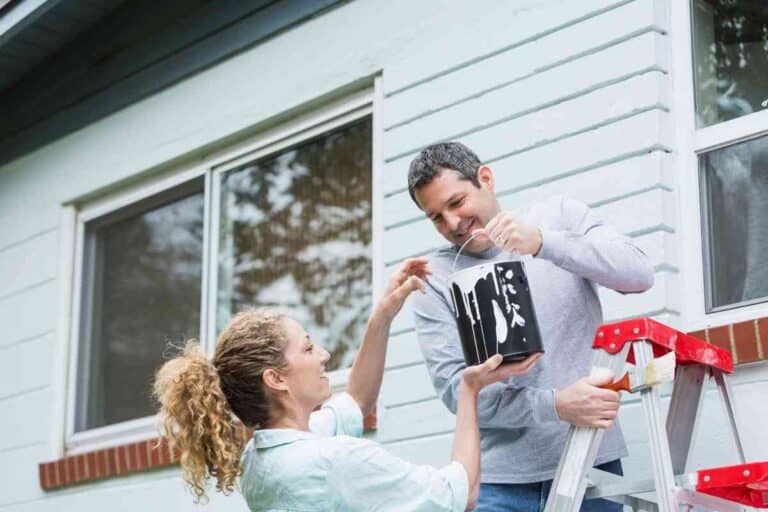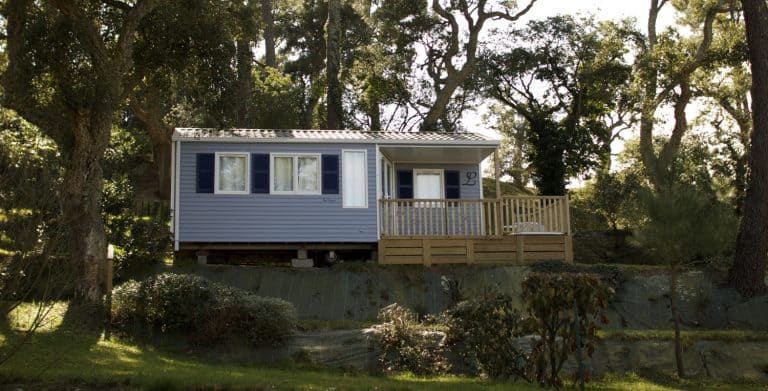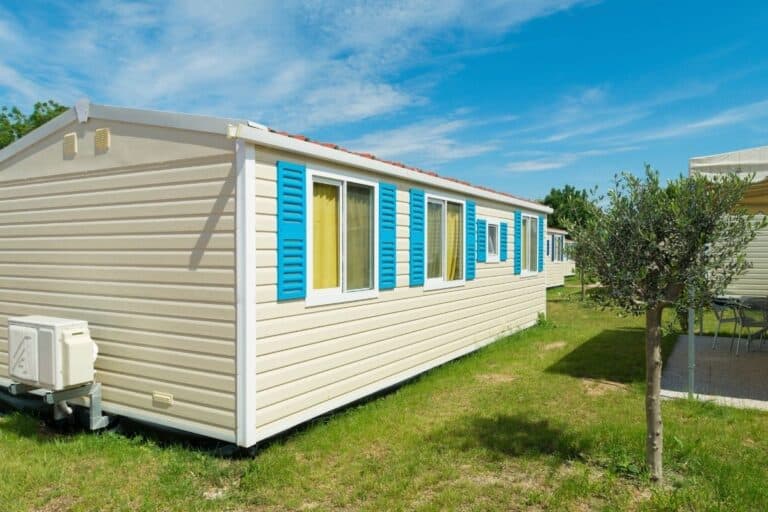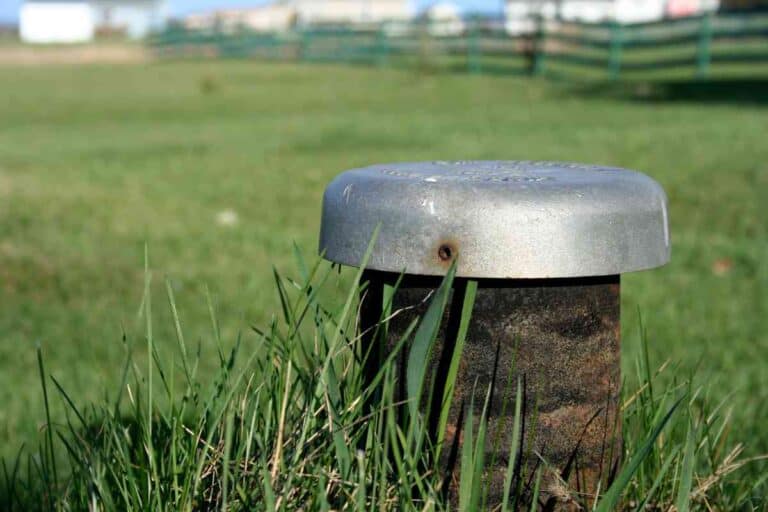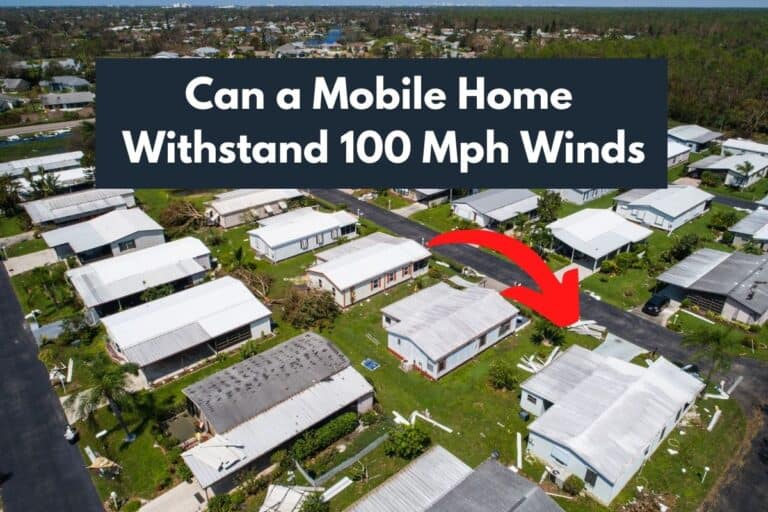5 Places to Place Your Mobile Home
Perhaps you had decided to keep your cost of living down when you noticed that mobile homes offer many of the same benefits as stick-built houses at much lower costs. So why not get one of those and save a lot of money? Perhaps you are already looking at the different types of mobile homes, but where would you place one?
Mobile homes can be placed on any of the following property types:
- Your own land
- Leased land
- Privately owned land
- Mobile home parks
- Free land
In this article, we will go through each of these options and what you should consider before deciding on a location for your mobile home.
Your Own Land
Placing a mobile home on your own land is generally the best option if you enjoy the freedom to do as you please. In order to do it legally, you will have to abide by zoning regulations and building codes. However, unlike many of the more alternative types of affordable homes, mobile homes are relatively easy to get approval for.
Mobile home manufacturers build according to building codes, and, provided your land is located in a residential or rural zone, the approval process will usually be a formality. Although, you should be aware that some municipalities are actively trying to use zoning and use regulations to prevent owners from placing mobile homes on their land.
One practical challenge of building a mobile home (or any other type of home) on previously undeveloped land is the cost of hooking it up to the grid. If your property is very remote, this can be impossible or prohibitively expensive. In which case, you may have to look into off-grid options, such as solar panels, septic tank, and well water. The great thing about off-grid living is that while the initial cost can be high, you will have low to zero monthly utility costs going forward.
Leased Land
If you are not looking to buy land, you may be able to lease a good lot at a reasonable price. In many ways, this is not much different from using your own land in terms of zoning and permits. But be aware that all improvements will require the owners’ acceptance.
If the lot has previously been used for mobile homes or a demolished stick-build home, the price of getting connected to utilities should be affordable. If you need to spend money on bringing utilities to the land, make sure you have a binding long-term lease that will protect you from losing your investment a year or two down the line.
You could also ask the owner to pay for the necessary land development or at least compensate you by a lower rent. After all, developed land is worth more than undeveloped land.
Privately Owned Land
Perhaps you have a friend or family member who is willing to let you live on their land. That could be a great opportunity to keep the costs low, but you will still have to consider zoning and permits. Also, make sure you know what you are going into and what your mutual agreements are: How much (if any) should you pay in rent? How do you get utilities? Etc.
As a mobile home typically costs $5,000 to $10,000 to move it should probably not be a temporary solution. In which case an RV or a tiny house on wheels would be more suitable.
Mobile Home park
A mobile home park is a great no-hassle location to place your mobile home. One significant benefit is that they are already zoned specifically for mobile homes and have acquired all the necessary permits that you would need to legally move your mobile home in without going through too much red tape.
Another advantage is that the parks already provide the necessary infrastructure, including roadways, power, water, gas, sewage, etc. All you need to do is hook your home up to already existing utilities. Depending on location, you may not legally be allowed to do this yourself, but hiring a professional should not cost much more than a few hundred dollars.
Downsides to mobile home parks are:
- Rules: Mobile home parks have rules and regulations on how to behave and what you can do on your property. Depending on the park, these rules may be very stringent, or they may be lenient. If you are independently-minded, this could be an issue, so make sure to read the rules throughout before you sign a lease.
- Neighbors: You will be living very close to your neighbors in a mobile home park. If they are nice neighbors and you are a social person, this can be great, but living close together can also cause friction. Make sure to visit the park before you move in. Talk with the other residents to get a sense of who they are and what the culture is like.
- Perpetual rent payments: Most parks rent out plots of land rather than sell them. This may initially save you some money and the potential hassle of getting a mortgage, but long term, you will be paying more than if you owned the land. This is, after all, how the park makes money.
Free Land
The Homestead Act of 1862 gave settlers opportunities to acquire free public land, provided they would develop it and bring “civilization” to the less populated areas of the United States. The Homestead Act was repealed in 1976, but there were still options to homestead land in Alaska until as recently as 1986.
While it is no longer possible to acquire federal land through homesteading, there are still ways to get free land in the United States. Many small towns and municipalities with declining populations are eager to attract newcomers who will contribute to the community and keep it alive. One of their strategies is by offering free land to those willing to move there.
As was also the case with the Homestead Act, free land always comes with some stipulations. You will usually be required to build a home on the lot or renovate an existing home, which would also be necessary as you are typically required to live there for a predetermined number of years. You are also often asked to provide information on what you intend to do with the land and possibly write an application.
Getting free municipal land is not always an easy process, and you may have to abide by many more requirements than if you simply bought a plot. As the free land is very often located in an area with low property prices, you may be better off buying a similar plot without these terms attached.
If you are up to the challenge of acquiring free land, here is a list of opportunities around the country.
Can You Place a Mobile Home on Public Land?
It is generally not legal to place a mobile home on public land as it would be considered squatting. While there are many ways to legally camp on public land, you will usually have to move camp every 14 days (sometimes up to 30 days). Besides, a mobile home would likely not be considered camping, even if you were able to move it every two weeks. While tiny houses on wheels are often approved RVs, this is not an option for mobile homes.

